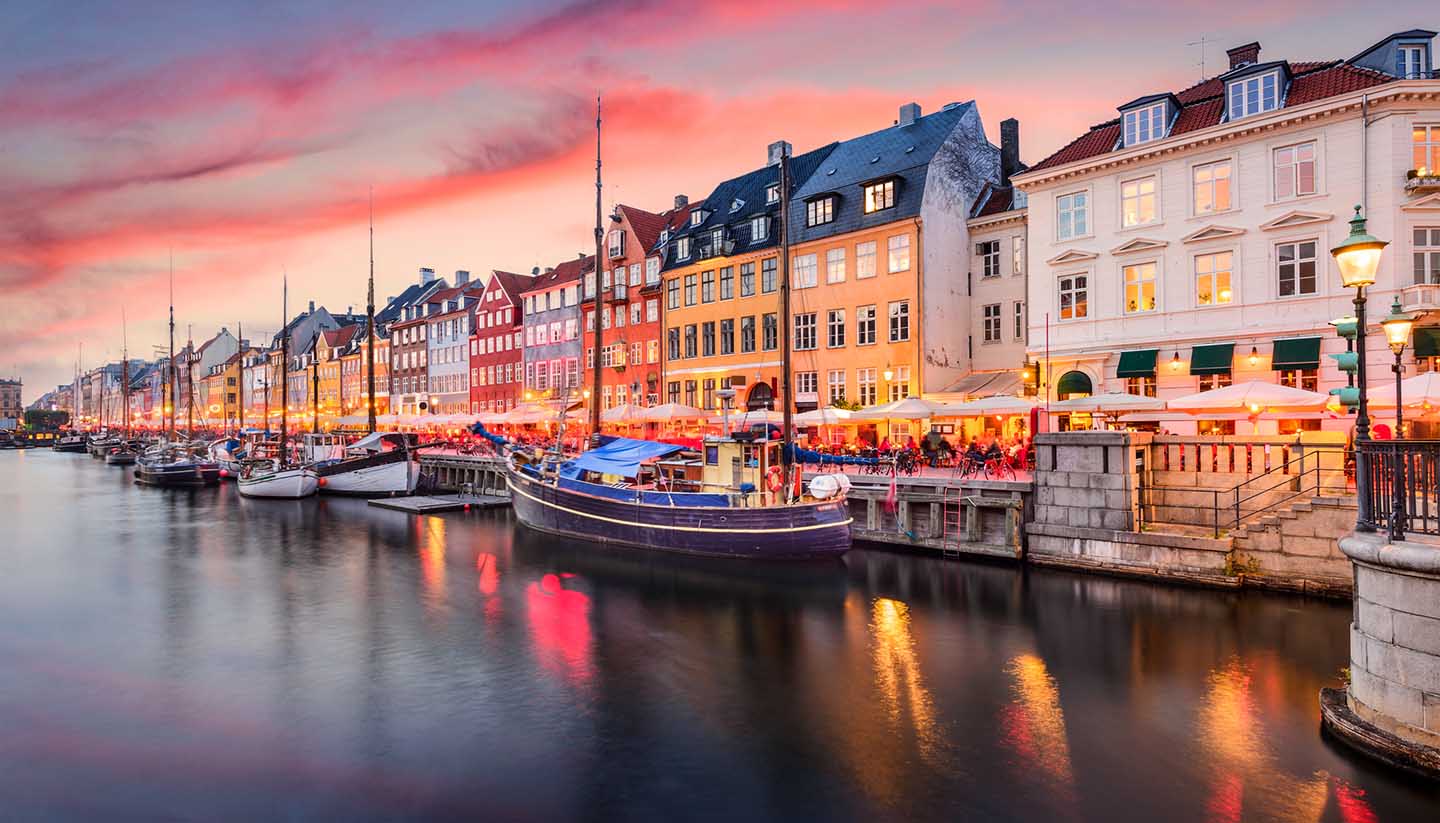Copenhagen History
Copenhagen's foundation dates back to 1167 when Bishop Absalon built a bastion on the island of Slotsholmen, today the site of Christiansborg Palace and the Danish parliament.
Following the signing of a treaty that began the Kalmar Union among Denmark, Norway and Sweden, the city became the capital of Denmark in 1416 when Eric of Pomerania moved his seat to Copenhagen Castle. As a result, the city boomed and many of Copenhagen's most impressive buildings were constructed in the years that followed, in particular during the reign of Christian IV (1588-1648). Along with the Børsen, the Rundetårn and the Palace of Rosenborg, Christian IV was also responsible for Copenhagen's canal network and for the development of Christianshavn.
Like most European nations in the 18th century, Copenhagen's growth was curtailed by a series of military misadventures, with several sieges, an outbreak of plague and two terrible fires causing much damage.
After wars with the British in the early part of the 19th century, Copenhagen bounced back and flourished, ushering a period of intense cultural creativity known as the Danish Golden Age. In the 20th century, with Denmark remained neutral in WW1, Copenhagen continued to prosper. But it was not so fortunate during WWII when German troops occupied the city from 1 April 1940 to 4 May 1945. After the war, Copenhagen and its surround areas became Denmark's manufacturing hub.
Today, Copenhagen is one of the world's most stylish cities and is famous for its cutting-edge design and vibrant gastronomic scene.


